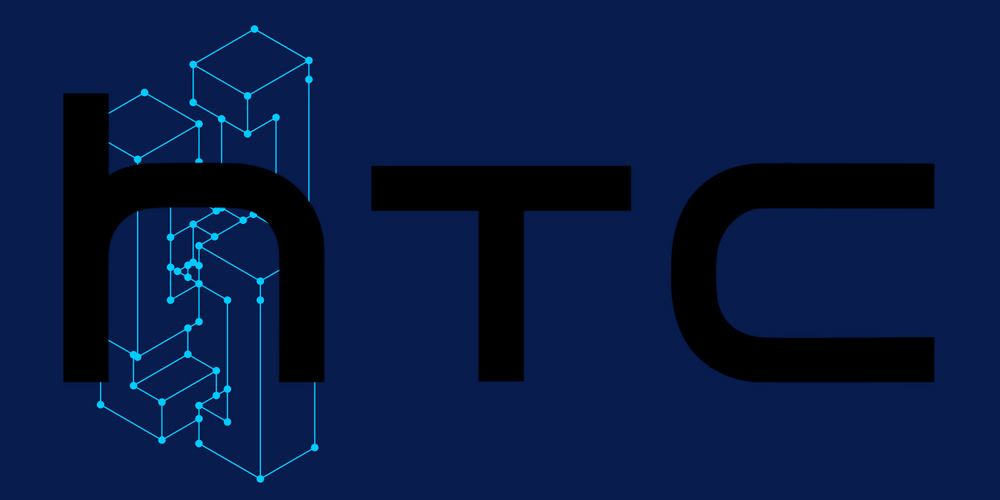
HTC announced at Consensus 2018 that they are getting into the blockchain space with a new phone. While details are scant (we don’t even know the specs of the hardware) it is clear they are going further than simply putting native wallets on the phone. The HTC Exodus is something more, something unexpected.
Phil Chen, with his newly announced title of Decentralized Chief Officer of HTC, took the stage and began his talk looking back at history. He extolled the virtues and advantages of centralization throughout history. The great monuments and achievements mankind has accomplished with a central authority figure leading the way. He pointed to the Pyramids and the rail road systems as achievements of centralization.
Then he moved on to Decentralization. He talked about Wikipedia, and how it advanced with its own self governance model and how it is, for the most part, a decentralized system and has created the world’s most popular source of information.
That took up the majority of the ten-minute announcement. When he finally got to the phone, there wasn’t much time left. This seemed to be by design, as HTC doesn’t seem eager to share many details this early.
Here is what we do know: It is called the Exodus. HTC is building a new kernel for the phone with increased security. That is important because Android phones are notoriously insecure. We also know that they want to be protocol agnostic. Presumably that means they will add support for the major blockchains, but it could mean that the user imports whatever protocol they want so long as it meets certain conditions. The goal of this is to add “interoperability” between the different blockchains.
HTC also wants to bring DApps to mobile using the Exodus, which should greatly expand their accessibility. To that end, they also want to bring their expertise in making easy to understand UIs to the phone and DApps.
Surprisingly, Chen also contends that the Exodus will have a lightweight client enabling it to act as a node. He did not get into how this would work, presumably they have a solution that doesn’t include downloading the entire blockchain onto the Exodus. Users will hold their own cryptographic keys.
And it seems those keys may protect more than just the user’s cryptocurrency holdings. Chen spent some time talking about user privacy and data. Users should own their identity and data. “When you leave a social media site, you should own the data you put on there, you should own the pictures you posted.”
The phone will act as a hub for all of this. How, is not clear. The idea might be to wall off user data while they browse the internet and post things online. Then that data could be encrypted and held by the user, only unlocked when he or she chooses.
That is just speculation, because again, HTC kept most of the details to themselves. But Chen did say that HTC would need the help of the crowd. He said that they are coming to the crypto community with open arms, because they can’t build the future alone.
If that is truly how they feel, you would think that they would open-source the whole project. Maybe they will. But as of now, all we know about the HTC Exodus phone is that it will be more than simply a phone designed to keep cryptocurrency wallets secure. HTC has something much bigger planned.
It seems to be less about holding bitcoins and more about the future of the internet. The tagline for the HTC Exodus is “Take Back the Internet” and right below that on their announcement page is “Powering the Future Decentralized Internet.”
What that specifically means is anyone’s guess. But HTC, known for their beautiful cell phone screens and as an innovator in virtual reality, is taking a real stab at something.
Or maybe not. The Taiwanese company has been struggling in recent years. It is entirely possible that they are trying to lure in new investors by shouting industry buzzwords like “blockchain” but I don’t think so.
They gave a lot of lip service to decentralization and privacy. These are things that the crypto community cares about, but not necessarily large institutional investors. Institutional investors are more likely to be enticed by the idea of gathering more data about HTC’s customers, not less. And I don’t think they give a lick about decentralized applications.
To me, that adds up to a major phone manufacturer being honest about their desire to bring something new to the world and one that is passionate about the ideals they expressed. Time will tell, unfortunately only HTC knows when that time will come.
While no price or release date has been announced, you can reserve an HTC Exodus on their website.

